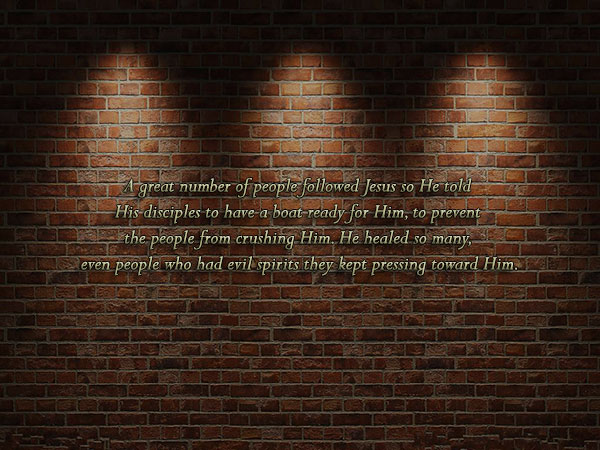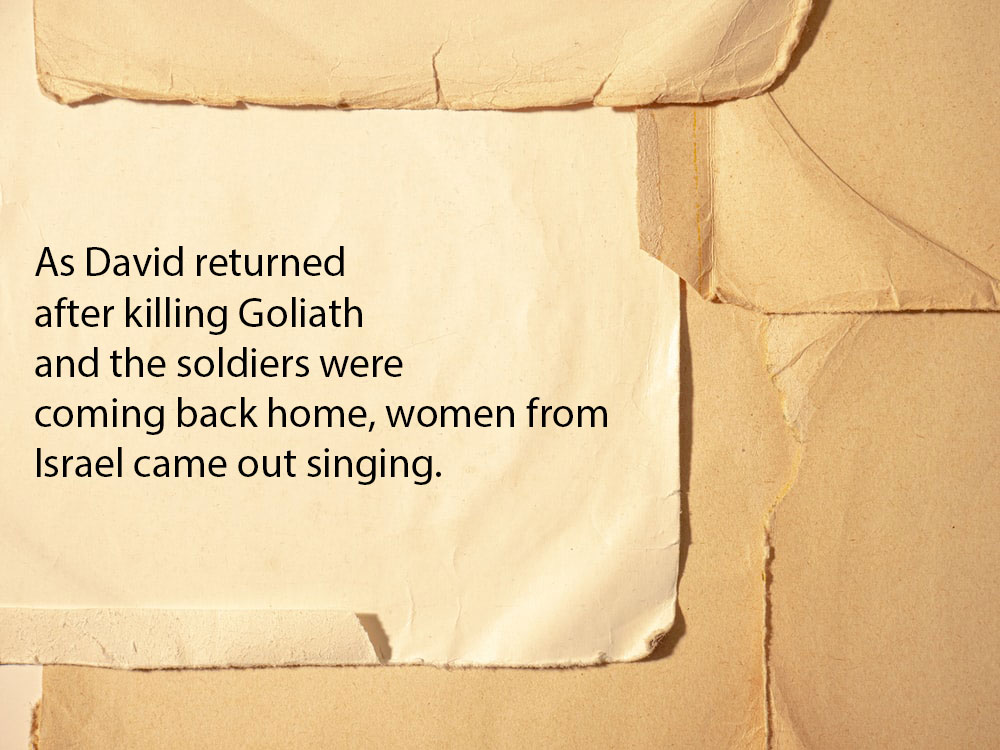Abraham M. de la Torre
MY THIRTY-DAY NOTICE of resignation, and the preparation required by the process, felt like the groundwork for dying. One that was acknowledged, joyful and optimistic. I didn’t feel the sadness I felt in my previous severing of work relationships. For one, I was bidding good riddance to the bad rubbish that was pure, unadulterated stress. For another, I was at peace with the realization that I was leaving a job (and being a hired hand) and am restarting my ministry service. For certain. My heart was happy and healthy with the finality of a decision accepted by my family with reassurance and respect.
Now I have time to muse without worry that it might affect my efficiency.
MY FATHER LOVED to write and read his writings out loud to anyone within earshot. He did this to his office mates, friends, fellow Bicolanos and neighbors, without care or caution for his listeners’ interest or lack thereof. His favorite audience was me. He never knew I was the least interested in his oratories. Why, I inwardly asked, would I listen to crap that I hardly read about, if I read at all. Oblivious to my indifference, my father kept buying second-hand books and encouraging me to read them in order for me to relate to his writings. Hinting heavily that all he wanted was for me to read, read, read so that I may write, write, write.
As my father’s bookshelves burgeoned, so did his manuscripts of prose and pleadings he did pro bono for poor people who could not afford a true-blue barrister. He was the attorney-in-fact of the marginalized. A college undergraduate who tapped his little political science potential to represent destitute urban tenants being taken advantage of by their landlords or the latter’s caretakers. His long story was cut short by multiple organ failure. I was overwhelmed by mourners I never knew from Adam, far and near, who came, condoled and coyly contributed to the tales about my dear dead Dad. Where I was disinterested in my father’s stories when he lived, these poor folks who shared the scarce they knew of my father struck me with an impossible amalgam of awe, grief, pride and woe.
I ENVY PARENTS who unabashedly boast of their children and their accomplishments. Especially when they do so as a matter of course, like it occurred on a spur, like it was the natural thing to fill dead air with. I cannot, would not, talk about my sons. My feeling is that, worse than unsolicited advice is bragging at the slightest provocation, without accounting for the sensitivity of the listener. Like, my eldest is a successful intellectual while his younger brother is hip-hop street-smart but small-minded. I cannot praise my eldest within his sibling’s earshot even as I exalt the latter all the time. I feel that all parents who extol their children’s virtues have no kid who has achieved less. And more is the pity when there is no achiever in the brood to make idle conversation count. When asked about how my sons are, I simply shrug the standard “They’re fine.”And pray they do not ask me to elaborate.
THE THRONG DID not matter, not even if we actually felt the proverbial needle that would not squeeze anywhere in the thick sea of humanity that engulfed our disbelief, however briefed we were of what to expect. In that impossible context, we did not even hope, let alone pray, for a miracle to see the Pope up close. We just moved according to our reflexes. And inched – slowly, excruciatingly, but thankfully surely – to our assigned tent like it were the natural thing to happen in a 6-million strong mob.
The candle-lighting ceremony immediately followed the Papal Mass and, still cold from being soaked all afternoon in the relentless downpour, we collectively decided to depart as immediately as right after the ritual. To my mind, at least, to bask in the glory of the erstwhile agony now affirmingly proclaimed as a grand peak of a great event.
Swimming through the same solid sea again, we proceeded. Until we were stopped by the police manning the Roxas Boulevard route out of Luneta, because the Popemobile was on its exit. We didn’t plan it, there was no way we could’ve remotely imagined it actually happening. The fabricated mobile bearing His Holiness passed right in front of us, the Pope waving his charismatic hand, suffusing us with a feeling only comparable to wonder. And he was simply waving.
WONDER I DID not that, however interminably we waited for the Mass to start (we were up at the crack of dawn and left the Holy Spirit Parish grounds at a little after 4), and in spite of the cold from the daylong shower that did not abate one bit, the wait ended. When the announcer declared that – indeed – the Pope was already in the vicinity, the multitude moved as one: primping to get readier than they have been eons ago; inhaling as many times as their bated breaths allowed; exhaling the undiluted excitement even as the millions knew that the chances of seeing the Holy See in the flesh were as rare as the rain ceasing; craning their necks every which way the Pope’s route was reported; and finally heaving a collective hurrah (such was the spectacular sigh at the sight of him) when he did emerge at the grandstand.
WONDER I DID not that, upon seeing him, from the Our Lady of Piat Tent # 7 (in front of the Manila Hotel), I did not wave along with the 6 or so million people strewn all over the outskirts of Quirino Granstand. I did not wave because I was transfixed at his awesome vision, his indelible smile luminous even from a distance. I did not wave because my waterworks was prolifically on.
IN HIS MEETING with the youth at the University of Sto. Tomas, Pope Francis said: “Certain realities of life we only see though the eyes cleansed by our tears.” I could not have known that he said something describing my poor and marginalized fellow Filipinos. He could not have known that without his saying that, his impact was already such that there was no need to exhort a liquid moment. We could not have been mutually omniscient as to read each other’s mind across the distance separating us on that same day.
And yet, in the wake of his departure, the SAF 44 perished in the now infamous Mamasapano massacre. How tragic. And how sad that there is no way to quarantine tragedy so grim so that, for the interim that the grief is held at bay, and since we have learned the dignity of weeping by his example, we shall have mastered as well the art of – along with the insurmountable toll those lives took and left with the living – accepting what cannot be undone.
Amen can never be enough. So be it will never suffice. And so we weep. And somehow, with a much-sought-after elusive peace, sleep.
Abraham M. de la Torre
ERSTWHILE EDITOR-IN-CHIEF OF the Paraclete, newsletter of the Holy Spirit Parish, BF Homes, Quezon City, Ham de la Torre (or Kuya Ham, as this self-avowed PREX (Parish Renewal Experience) addict prefers being addressed as) is presently stress-free, having recently resigned from his last job as secretary of that same church.
He deems his resignation as an ending of a salaried job and the beginning of a ministry as a full-time church servant. He is still active as a PREX Speaker and Secretariat member and part of EMHC (Extraordinary Ministers of Holy Communion).
His passion for singing surfaces whenever he serves at Mass. He is a contributor to wildpoetryforum and emanilapoetry, international and local online literary sites, respectively.
He is married to Myrna; they have two sons.









